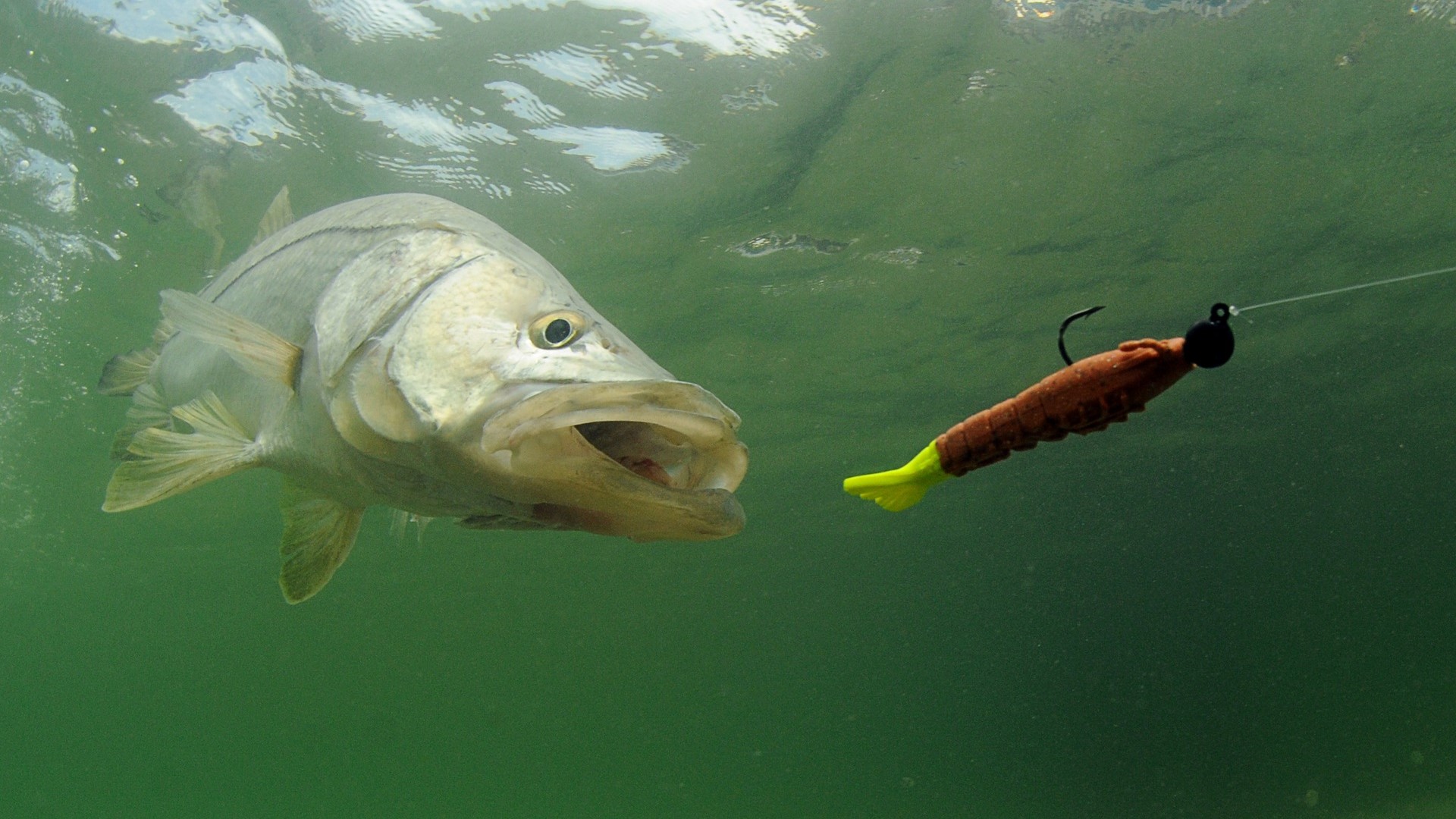I will eat just about anything. I’m an adventurous omnivore and often walk into restaurants hoping to try something new and different. But there is at least one exception: I simply cannot tolerate shrimp. I hate those bottom-feeding sea bugs and I will do everything I can to avoid them. Sometimes people try to convince me to try shrimp by saying, “But you’ve never had them fried in garlic butter” or “You’ve got to just try them in the grits.” It’s useless. I am beyond temptation there.
A temptation is anything that promises satisfaction at the cost of obedience.
Temptation is a common theme in the Bible, but I wonder how often you actually think about the nature of temptation. What does it mean to be tempted? A temptation is anything that promises satisfaction at the cost of obedience. Temptation is when circumstances work together so that you have the ability and maybe even the desire to do something that God forbids. It is money but without work (so you steal), popularity but without kindness (so you gossip), sexual fulfillment but without marriage (so you commit adultery)—it is the satisfaction you want but through disobedience rather than obedience.
We can gain some important insights into temptation from two poignant illustrations in the book of James.
The Fishing Illustration
Desire + circumstance = temptation.
Here is what he says in James 1:14: “But each person is tempted when he is lured and enticed by his own desire.” We have good desires and bad desires. What James is referring to here are the bad desires, the longings we have for things that God has prohibited. James uses a fishing metaphor and says something like this: You have inner desires that are evil, a product of your sinful nature. Temptation comes when a circumstance engages one of those desires. Here’s the simple formula: Desire + circumstance = temptation.
Your sinful desires give you a hunger, an appetite, for something forbidden, something you think you need, something you think you can’t be satisfied without. Then a circumstance comes along and acts like bait, like a lure. That circumstance dangles the opportunity before you, and you are tempted to take a bite. But what you never seem to see is that buried in that bait is a sharp, nasty hook. First it lures you, and then if you succumb to the temptation, it hooks you and drags you away.
What James wants you to know is that you are not an unwilling victim of temptation. Temptation is not a kidnapper who drags you into his van kicking and screaming and takes you where you don’t want to go. You climb in all on your own! You are a willing participant in your own kidnapping, in your own temptation. As John MacArthur says, “The problem is not a tempter from without, but the traitor within.”
The Birth & Death Metaphor
James continues in the next verse: “Then desire when it has conceived gives birth to sin, and sin when it is fully grown brings forth death” (James 1:15). He switches from the hunting and fishing metaphor to a birth and death metaphor and says something like this: When you jump in the back seat with evil Desire, Desire will inevitably conceive and give birth to a child named sin, and sin will eventually give birth to a child named death. This is an earthy metaphor he uses here. You can’t fool around with your girlfriend and then act shocked when you find she’s pregnant; you can’t fool around with evil desire and then act surprised when you sin.
Again, your temptations always involve your desires. Temptation dangles a circumstance before you, and because you have a sinful nature, you will engage in a battle over whether or not to act on your inner evil desires. If you act on that desire, it leads you to sin. You go from inner stirrings of desire to outward actions of sin. Those sinful actions always result in death. That’s the life cycle of sin. Temptation engages your desires, acting on those desires leads to sin, and sin leads to death.
Temptation is only attractive because of the evil desire that dwells within you.
You might ask, What about Satan? Isn’t he the tempter? Aren’t you warned about the world, the flesh, and the devil? Yes, of course you are. But that isn’t James’ point here. He’ll talk about Satan later on, but for now he wants you to consider your own inner disposition to sin. When you do something the Bible forbids, or when you want to do something the Bible forbids, you’ve got to look inside and admit your love of sin, your attraction to sin. Temptation is only attractive because of the evil desire that dwells within you.*
How do you stop the cycle of sin leading to temptation leading to death? It is remarkably simple. You do all you can to avoid the circumstances that lead to temptation, and you work at the level of the desires, putting those evil desires to death, so temptation can no longer dangle that seductive bait in front of you. When the desire is dead, the temptation is no longer attractive.
So go ahead and dangle shrimp in front of me. I won’t be tempted. Why? I hate them. I am dead to shrimp! They simply do not entice me. And this is exactly what needs to be true of sin as well. Go after the evil desires, and replace them with good desires, and those temptations will no longer be appealing.
* Jesus was tempted but without sin. He was truly tempted, but he had no evil desires, no appetite for evil. This means that there was nothing for the temptation to hook onto, and he was never caught.










